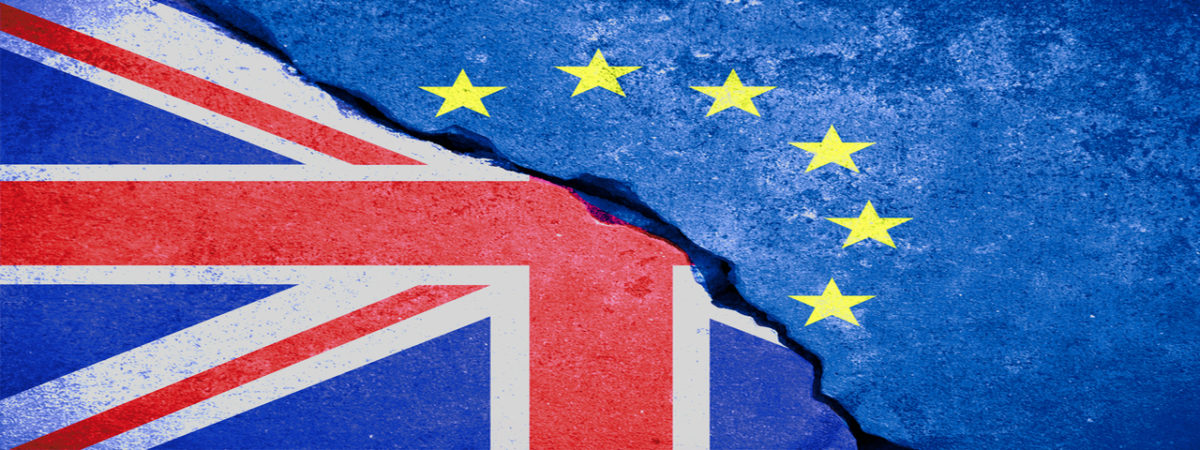Fair Deal for the Taxpayer: Why rail fares should be liberalised
SUGGESTED


IEA presents four possible paths for Britain outside the EU

Government action is responsible for overcrowding on trains and the heavy cost the taxpayer
- Although the rail industry was privatised in the 1990s, the sector is still subject to substantial government intervention, including the imposition of price controls on a high proportion of fares.
- Fare regulation causes overcrowding on rail services by artificially inflating demand at particular times of day. Regulation of commuter season tickets creates congestion at peak times, while long-distance saver fares lead to packed trains just after the evening peak.
- Train operators are prevented from managing demand through the price mechanism and from making better use of existing capacity by incentivising passengers to shift to quieter services. The marginal cost of each additional passenger may be very high on overcrowded trains, but regulation means fares cannot reflect this.
- Artificial capacity problems create political pressure for large-scale state spending on railway infrastructure and new rolling stock. Such taxpayer support provides substantial financial gains to special interests such as Network Rail officials, specialist consultancies, engineering firms and train manufacturers. These groups have strong incentives to lobby for the current regulation and subsidy regime to be continued.
- A further problem with the current system of fare regulation is its indexation to the Retail Prices Index (RPI). There is no particular reason to expect rail industry costs to rise in line with general price inflation. If such costs increase faster than general inflation, an additional burden is likely to be imposed on taxpayers.
- Taxpayers now face an annual bill of about £6 billion to support the railways. This high level of subsidy partly reflects the cost of wasteful investment to address the problems caused by price controls.
- There is a strong economic case for phasing out fare regulation completely or at least giving train operating companies far more flexibility in pricing. The introduction of ‘super-peak’ fares that charged passengers more for travelling during the very busiest periods would flatten peak demand, thereby addressing overcrowding problems at low cost. The level of taxpayer subsidy could then be lowered substantially with beneficial effects for the wider economy.
The publication was featured in The Daily Mail and The Metro. Richard Wellings also appeared on BBC Radio London to discuss the report.
To view the press release, click here.
2015, IEA Discussion Paper, No.58




